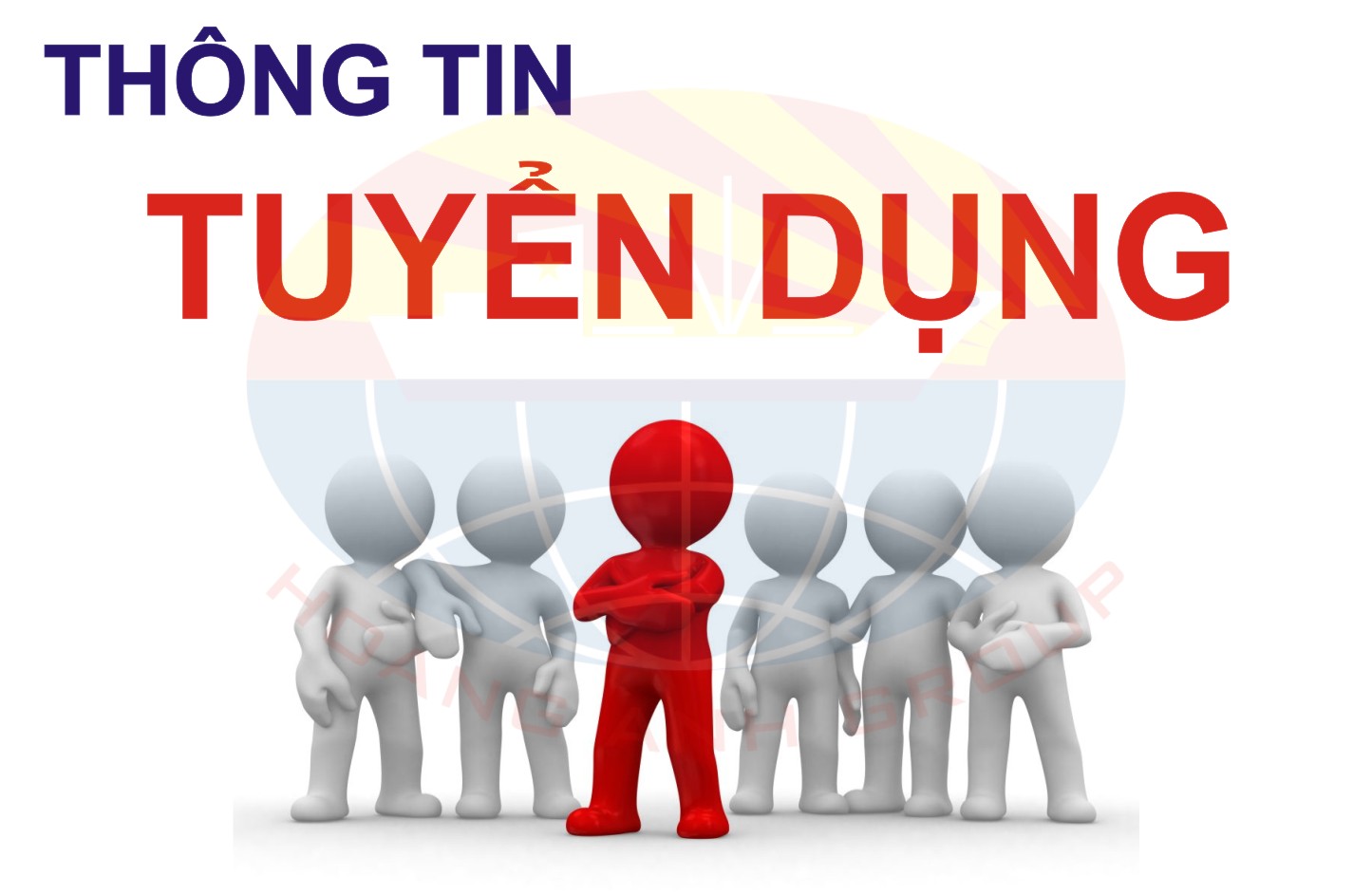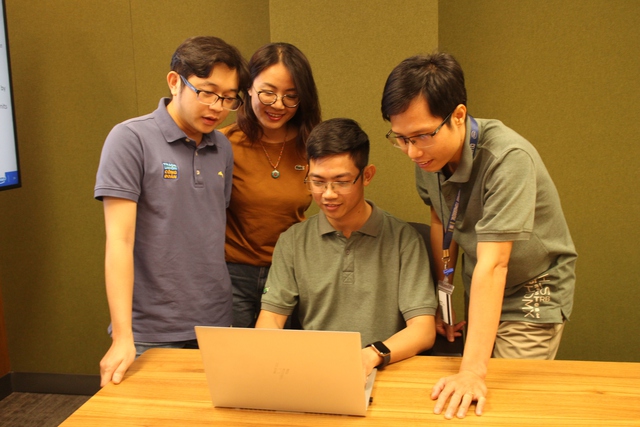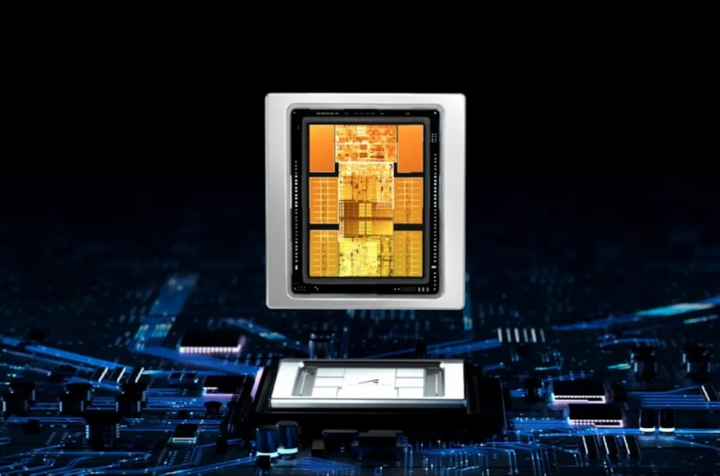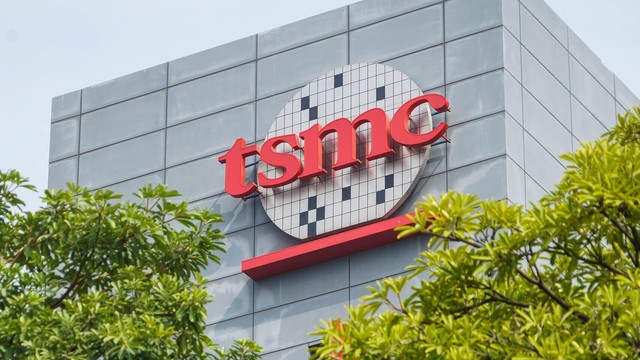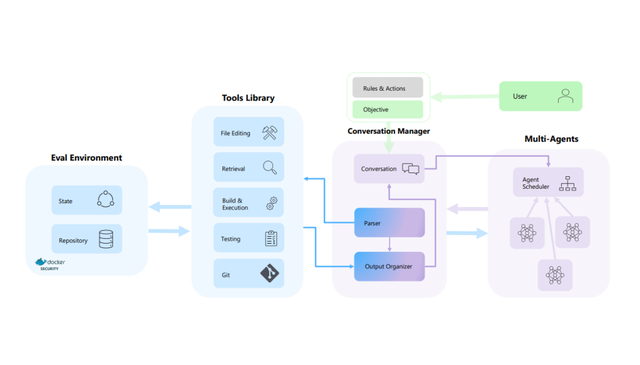
Introduction
ystemC provides very basic verification support. This support is same what Verilog 1995 provided. The SCV or SystemC Verification standard, provides APIs for transaction-based verification,
constrained and weighted randomization, exception handling, and other verification tasks. We will seeing following topics in detail in next few pages.
- Data Introspection
- Randomization
- Constraints
- Transaction Recording
- Dynamic Threads
- Data Structures
Manipulation of Arbitrary Data Types
The SystemC Verification Standard uses data introspection to enable the manipulation of arbitrary data types. It allows a library routine to extract information from data objects of arbitrary types, regardless of whether it is a C/C++ built-in type, a SystemC data type, a user-specified composite type (struct), or a user-specified enumeration.
Using C++ template specialization, the Verification Standard maps these data types to an abstract interface called scv_extensions_if, through which the following operations can be performed on the data object.
- Extraction of type information
- Value access and value assignment
- Randomization
- Callback registration
Using data introspection, a piece of code can manipulate a data object without explicit type information at compiletime. This facility can be considered as a C++ version of the Verilog PLI standard. It is a crucial building block for constrained randomization, variable recording, and transaction attribute recording.
This facility includes the following classes and templates:
- The scv_extensions_if abstract interface: This abstract interface enables the manipulation of arbitrary data types without compile-time type information.
- The scv_extensions template: Data objects are extended to support the abstract interface through partial template specialization of this template
- The scv_shared_ptr template: This template enables sharing of data objects among multiple threads, with reference counting to perform automatic memory management.
- The scv_smart_ptr template: This template combines scv_extensions and scv_shared_ptr to implement dynamic extensions that require instance-specific auxiliary data, such as randomization and callback handling.
Data introspection of SystemC Verification library provided following API's
- util : Basic utility methods
- rw : Methods to read and write to data object, its fields, its array elements
- type : Methods to extract type information
- rand : Methods for randomization-related operations
- callback : Methods for callback registration
Manipulation of data objects without compile-time information is supported through the scv_extensions_if abstract interface. The postfix '_if' indicates that this is an abstract interface class with C++ abstract methods and without member variables.
Bạn Có Đam Mê Với Vi Mạch hay Nhúng - Bạn Muốn Trau Dồi Thêm Kĩ Năng
Mong Muốn Có Thêm Cơ Hội Trong Công Việc
Và Trở Thành Một Người Có Giá Trị Hơn




